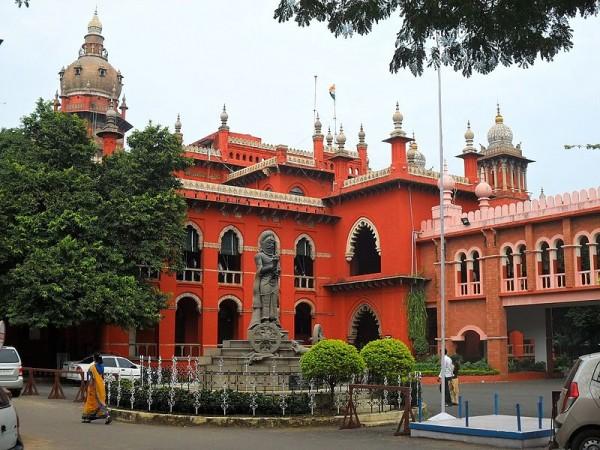
The Madras High Court Tuesday upheld a central government decision to notify Cyprus as a "Noticed Jurisdictional Area" for tax purposes, reported the Times of India. The move is expected to let the government impose a 30 percent tax deduction at source (TDS) on inflows from Cyprus, a tax haven.
The order would affect several foreign institutional investors (FIIs) and private equity investors who chose the Cyprus route to invest in India, reported Business Standard. It quoted market sources as saying inflow via Cyprus into India and Indian stock markets between 2000 and 2014 was Rs. 38,300 crore.
A division bench of Justice V Ramasubramanian and Justice T Mathivanan passed orders on nine petitions filed by three individuals challenging the constitutional validity of Section 94-A (1) of the Income Tax Act. The bench held there was nothing unconstitutional about Section 94 (A), which was in all actuality "the need of the hour."
"The order would be a major step towards controlling undisclosed money," Pramod Kumar Chopda, standing counsel for the government, told Business Standard.
Section 94 (A) of the I-T Act was introduced by the Finance Act 2011, and empowered the government to notify any country that does not help India in tax information exchange as a "Notified Jurisdictional Area." According to Section 94-A (1), if an income tax assessee is unable to explain to the tax authorities of the source of the funds received or transferred to a notified jurisdictional area, the sum is deemed to be the income of the assessee for that previous year.
Cyprus, despite signing a double taxation avoidance agreement (DTAA) with India in 1994, had not been forthcoming with tax-related information. This was why India notified the country under the Section 94A in 2013.
The business daily reported the three petitioners, under Section 94 A (1), had received tax showcause notices on sales of shares and debenture from a Cyprus-incorporated company in October 2014. This had led them to challenge the provision of the I-T Act.
ToI said the petitioners had argued the DTAA had virually transformed into a law under Article 253 of the Constitution, which therefore made it unalterable by the government either through law or any executive action.













